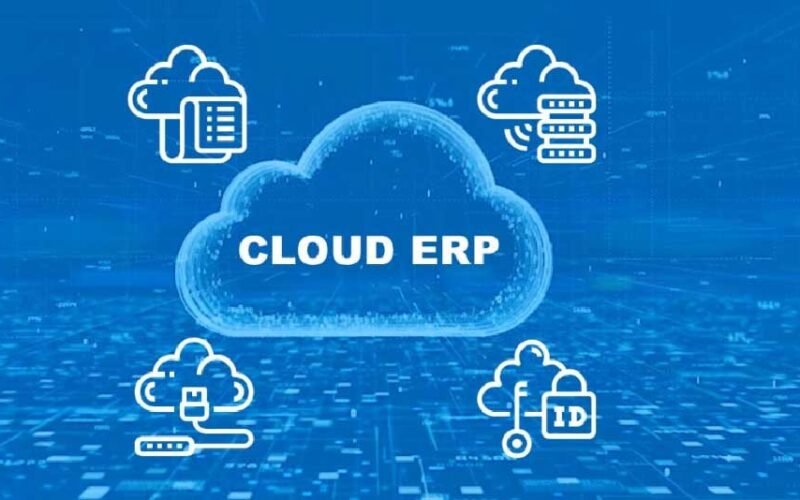Businesses are increasingly looking for ways to streamline operations and stay competitive. Cloud ERP software is becoming a powerful tool to achieve these goals. With the cloud, businesses can access enterprise resource planning systems from anywhere, ensuring more flexibility and scalability than ever before. This article provides eight key benefits of adopting cloud ERP software for businesses.
1. Cost Savings
One of the advantages of cloud ERP is the lower upfront costs. Traditional ERP systems require hefty investments in hardware and software, plus ongoing maintenance costs. With cloud-based ERP, businesses pay a subscription fee, eliminating the need to purchase expensive infrastructure. Additionally, cloud providers do the maintenance and updates, without the need for IT staff.
2. Scalability and Flexibility
Cloud ERP systems offer exceptional scalability, making it easy for businesses to grow without worrying about outgrowing the system. As operations expand, cloud ERP can be scaled up or down based on needs. This flexibility is perfect for businesses that experience fluctuating demand or those that are growing quickly. Whether adding new users or features, cloud ERP can adapt quickly and efficiently.
3. Access from Anywhere
With cloud ERP software, employees can access business data from virtually any location. This remote accessibility is essential for businesses with multiple locations or employees who travel frequently. Cloud ERP supports real-time updates, meaning team members can work with the current data, ensuring better decision-making. Whether in the office or on the go, cloud ERP ensures a seamless workflow.
4. Improved Collaboration
Collaboration between teams is more efficient with cloud ERP software. Since the system is cloud-based, everyone has access to the same data and can update it in real-time. This reduces the risk of errors caused by outdated information and ensures everyone stays on the same page. Whether it’s finance or operations, teams can work together without the usual bottlenecks, improving the overall productivity.
5. Automatic Updates and Maintenance
Take note that cloud ERP providers take care of all updates and maintenance, ensuring the system is always up to date with. This removes the burden from internal teams and ensures that businesses are always running on the latest version of the software. Furthermore, regular updates are crucial in a business environment, as they help keep the system optimized for performance without any downtime.
6. Enhanced Security
Investing in cloud ERP software offers robust security measures, including encryption and access control features, to protect data. Most cloud providers implement strict security protocols, ensuring that data is safe from breaches or loss. Additionally, cloud ERP providers usually have teams of experts monitoring and maintaining security, so businesses benefit from enterprise-grade protection without the added stress. Get in touch today to discover how our IT consulting services can strengthen your security strategy and support your business’s growth with personalized solutions.
7. Better Data Insights
Keep in mind that cloud ERP systems provide real-time data and analytics, enabling businesses to make informed decisions faster. With integrated data from different departments, companies can get a complete overview of operations. Cloud ERP Software allows for customized dashboards and business intelligence tools that uncover trends, identify areas for improvement, and streamline decision-making.
8. Faster Implementation
Compared to traditional ERP systems, cloud ERP solutions can be deployed much more quickly. Since there’s no need for physical servers or complex setups, businesses can get up and running in a shorter time frame. Faster implementation means less downtime and a quicker return on investment. As a result, it allows teams to start using the system and seeing results without the long delay.
Empowering Growth, Securing Success!
From reducing costs to offering enhanced security and data insights, businesses can benefit from adopting cloud-based ERP solutions. With the flexibility to scale and the ability to access the system, cloud ERP helps businesses stay agile and competitive in a dynamic environment. For companies looking to enhance operations, cloud ERP software offers a modern solution that meets the needs of businesses.










